Episode 89: Become a Better Climber with Peter Bonamici
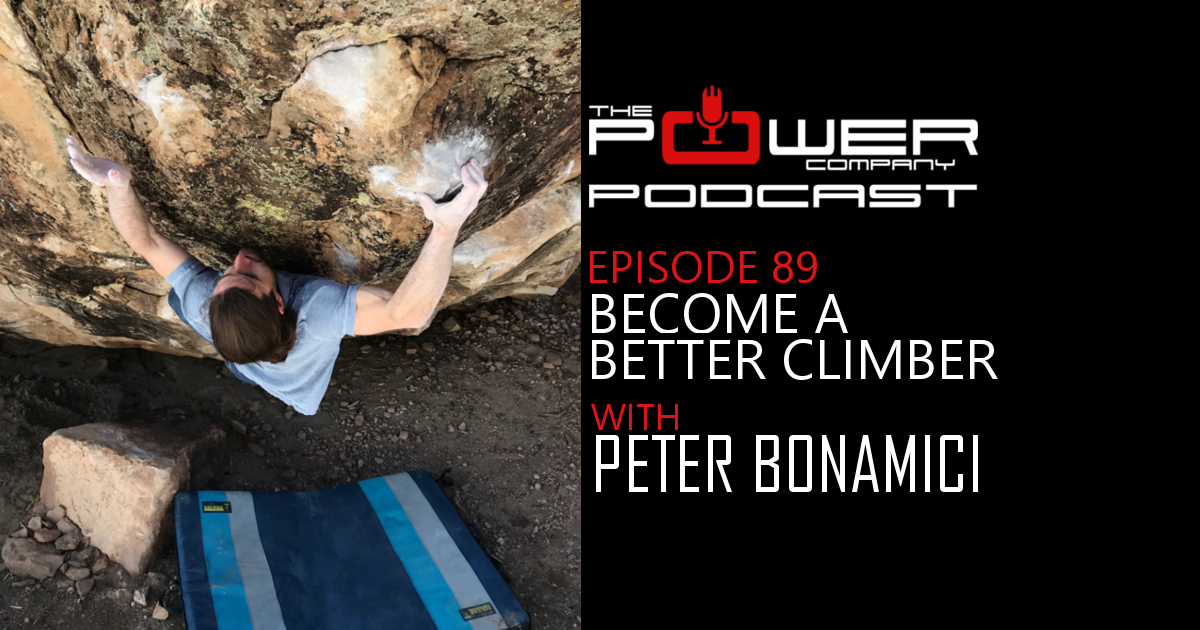
Peter Bonamici is a midwest bouldering legend. He'll disagree with that, but it's my podcast, so I can make that statement if I want to. Not to mention, it's true.
This entire episode stems from a conversation with Peter in which he told me that he'd just learned to heel hook. After climbing his first V13. What?!
It's pretty simple, really. The reason that Peter, and so many other climbers, are legendary, is because they are good at climbing. Not just strong, but GOOD. They didn't get that way by accident. They got that way through a very intentional practice. One that many of us can learn from.
Start your climbing practice here.
Despite being constantly present and often the reason we fail, Rhythm is the most underrated of the Atomic Elements of Climbing Movement.
Improving movement skills is by far the most abstract part of becoming a better climber. And arguably the most important part.
But then it hit me… Techniques are just the language we use to name the combination of elements as they show up in usage.
Sent in from YouTube subscribers, clients, and more, Kris answers more questions about climbing movement in this Part 2!
Sent in from our Patrons, Kris answers questions about what you want to know most when it comes to climbing movement.
No matter what technique, its success depends on getting the basic elements right: Position, Tension, Rhythm, Commitment, and Effort.
Short climbers are good at getting scrunchy, and tall climbers are good at climbing extended, right? Wrong.
Kris and Paul dig into a paper that presents and then tests a method for measuring movement skills in sport climbing.
Nate talks movement analysis and technique in a consultation with host Ryan Devlin on The Struggle Climbing Show.
Kris presents his idea of the Atomic Elements of Climbing Movement to Nate and asks for his thoughts.
The former German National Team coach talks motor learning, coaching movement, and what makes Janja and Tomoa special.
If we want to assess our climbing movement skills over time, are the standardized boards the best option? We're conflicted…
Co-founder of Tension Climbing, Will Anglin, talks movement skills, how climbers can continue improving, and the tools that can help.
Particularly when it comes to climbing better, knowledge alone isn’t all that helpful.
Lauren Abernathy, coach and owner of Good Spray Climbing, works hard to help her clients – and herself – become better climbers.
How do we decide where to focus our efforts when it comes to becoming a BETTER climber – rather than just a stronger one?
Taylor Reed talks movement coaching and the role research plays in his evidence-informed coaching methods.
If the more you climb, the better you get, then why do we all know that one guy that’s been climbing forever and still stuck at 5.10?
One of our favorites: Kris and Nate discuss ideas about our mental models for learning, and how we might apply these ideas to climbing.
How do you solve a problem? By looking for a solution.
Rob Gray discusses two theories of skill acquisition and how climbing coaches can use them to help climbers better learn to move.
Introducing: Something new. Something different. Something FOCUSED.
Kris sits down with shaper and setter Roy Quanstrom, of Tension Climbing to talk about his latest holds and more.
What does science say about warming up before performance?
Can we effectively measure movement skills in climbing?
Climbers will dedicate years to getting “strong enough” when what they really need is to learn how to apply the strength they already have.
Watching Will Bosi and Aiden Roberts work on the Burden of Dreams replica is fun, but is it valuable for the rest of us?
Bouldering is the best training for sport climbing. Or is it?
Peter Bonamici is a midwest bouldering legend.
Limit (or Max) Bouldering is a tough exercise for many people to connect with, and is probably the most misunderstood exercise in your training plan.
A climber since 1994, Kris was a traddie for 12 years before he discovered the gymnastic movement inherent in sport climbing and bouldering. Through dedicated training and practice, he eventually built to ascents of 5.14 and V11.
Kris started Power Company Climbing in 2006 as a place to share training info with his friends, and still specializes in working with full time "regular" folks. He's always available for coaching sessions and training workshops.

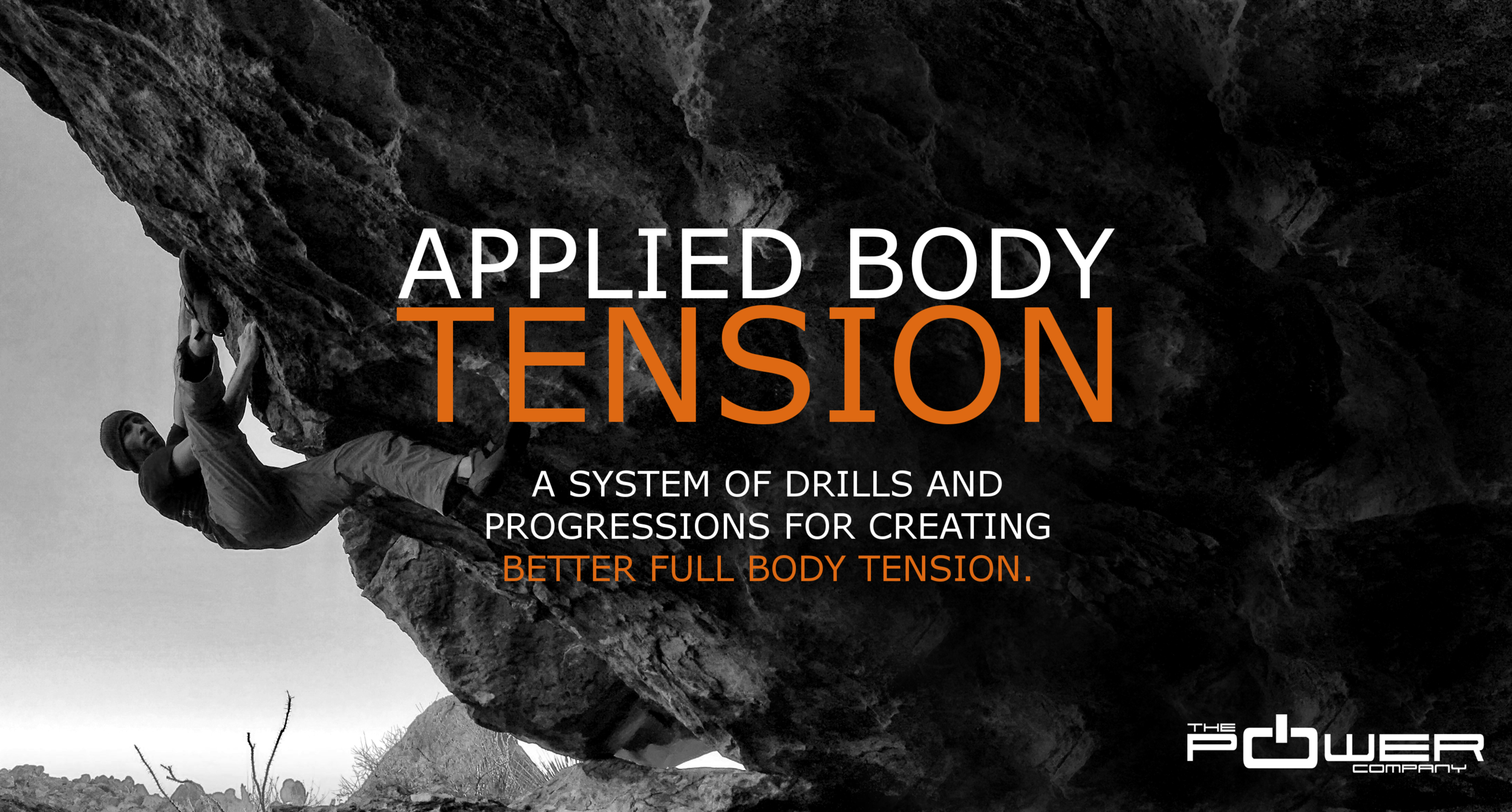

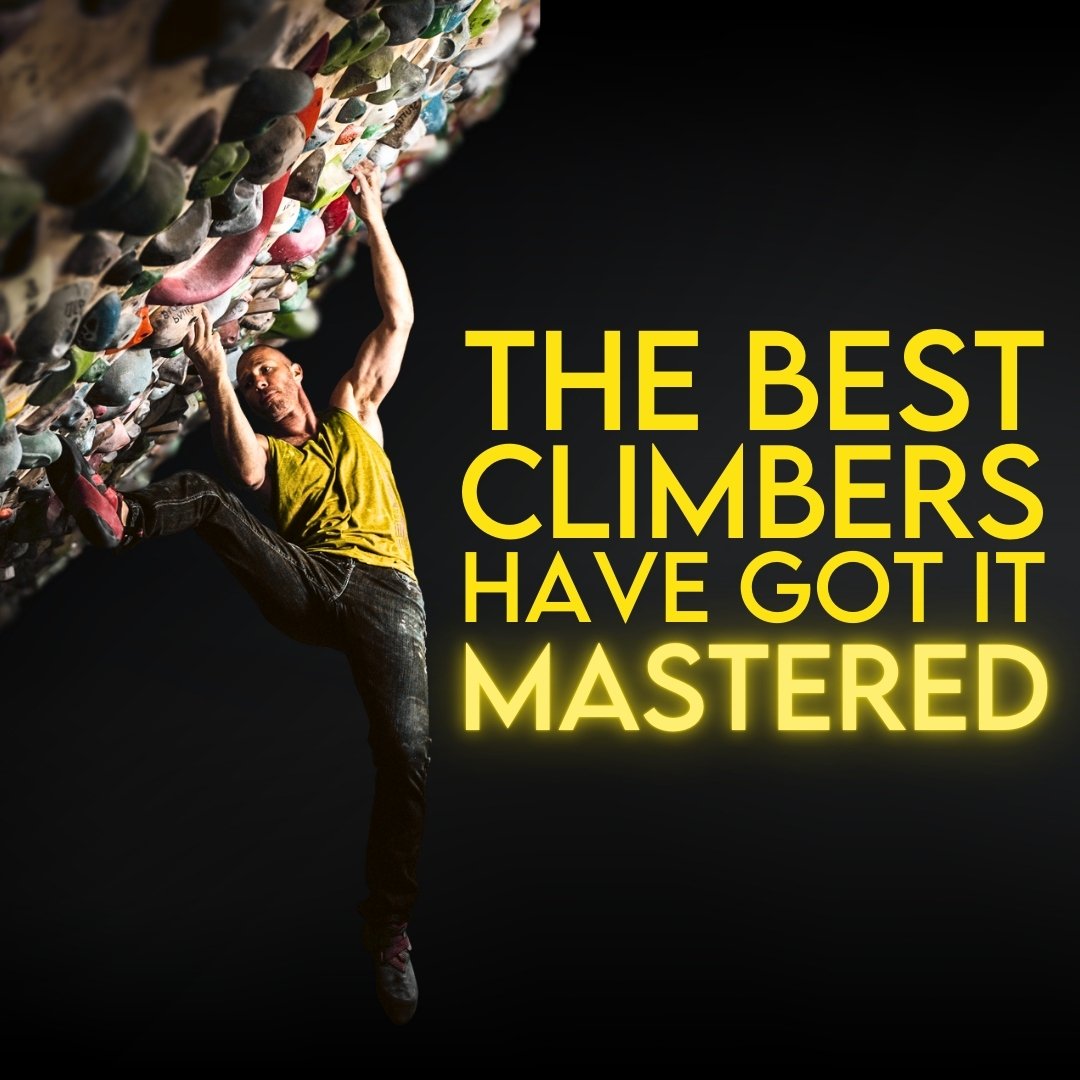



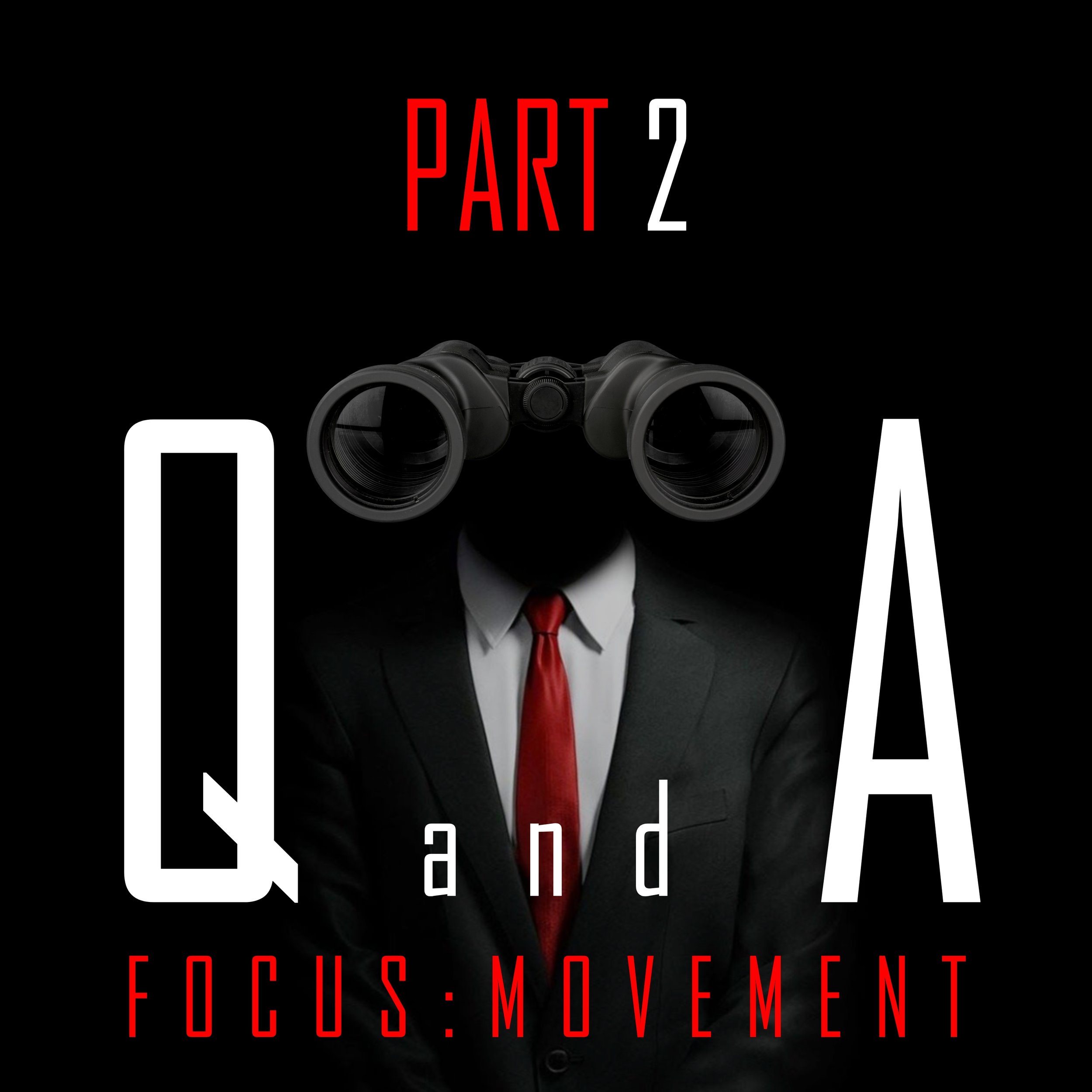
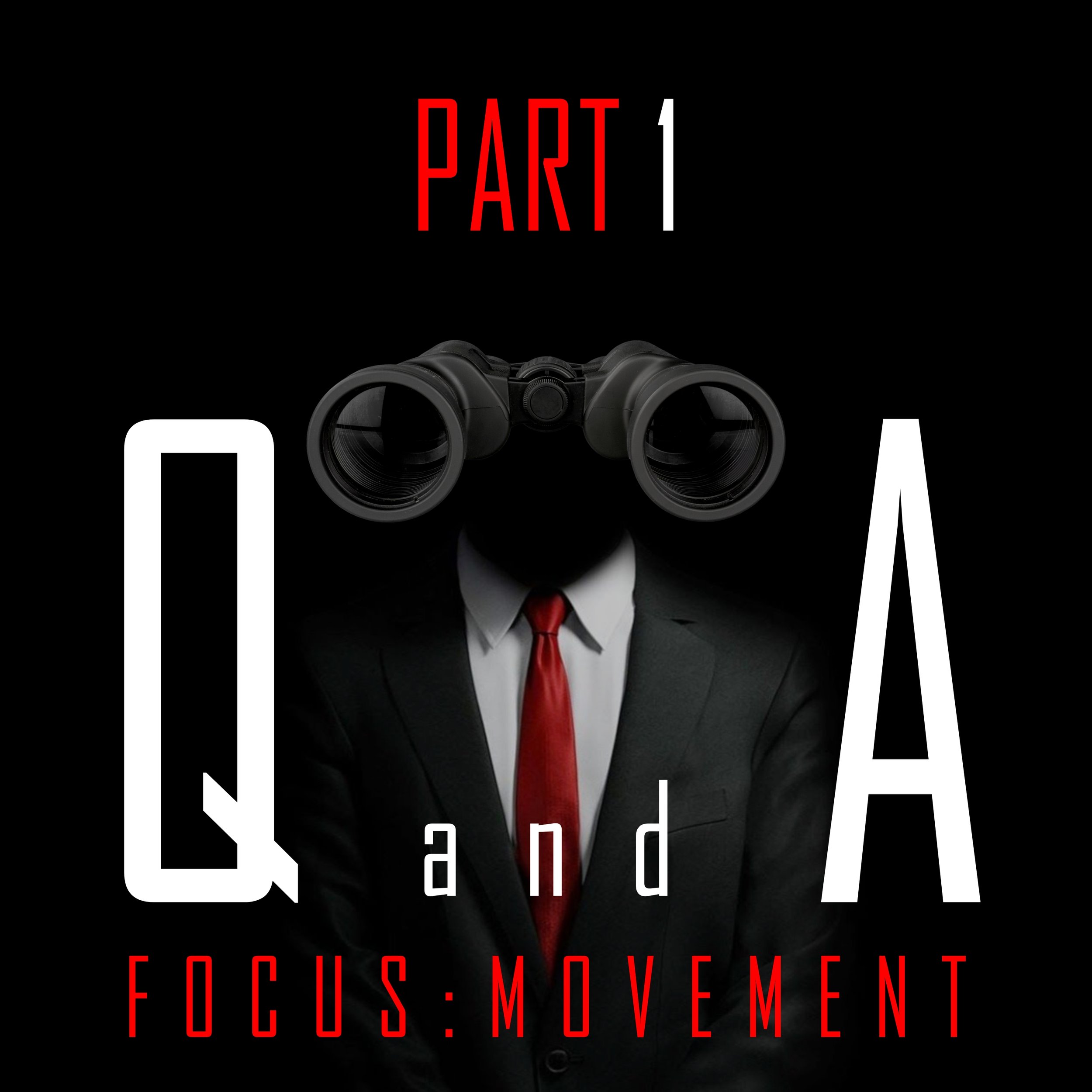


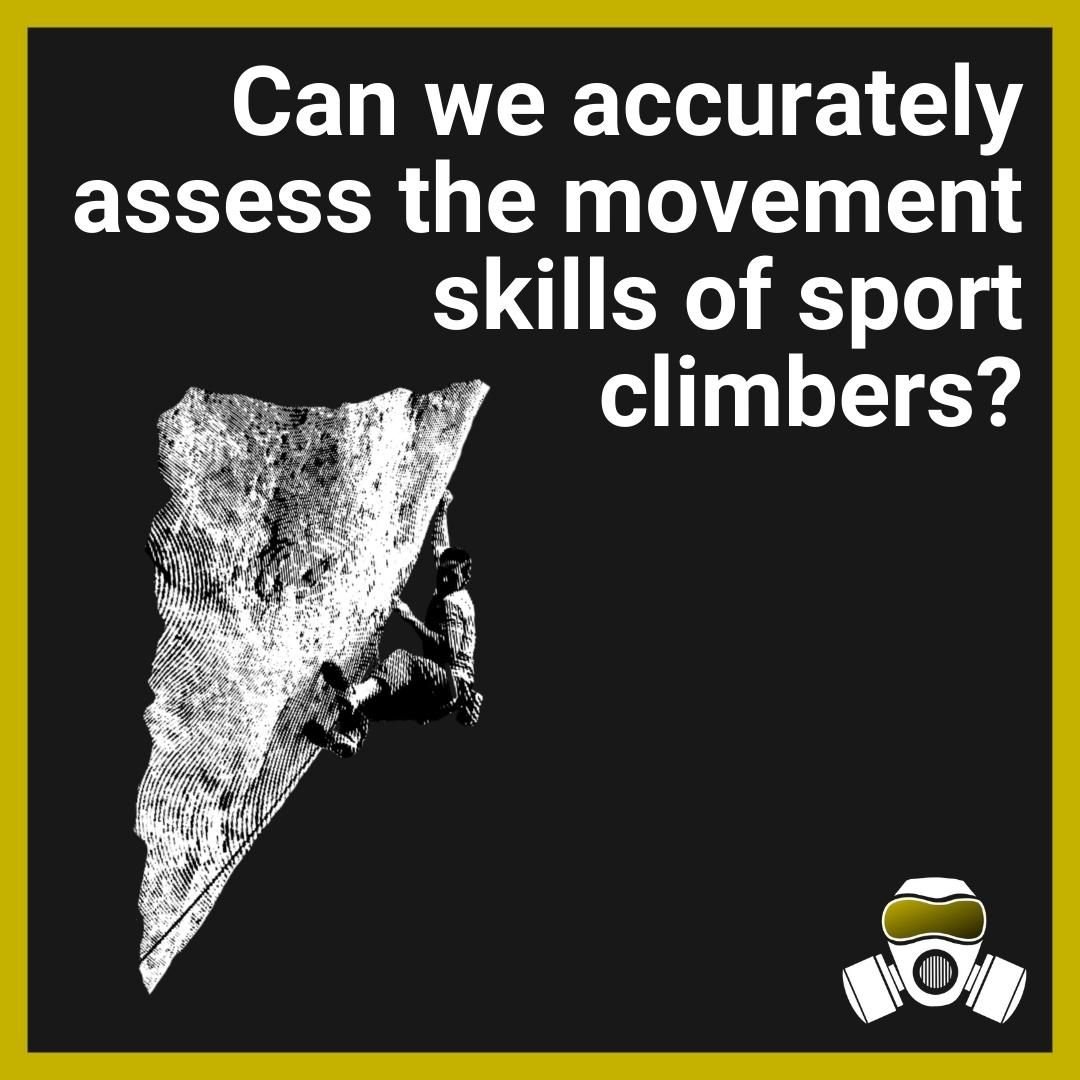
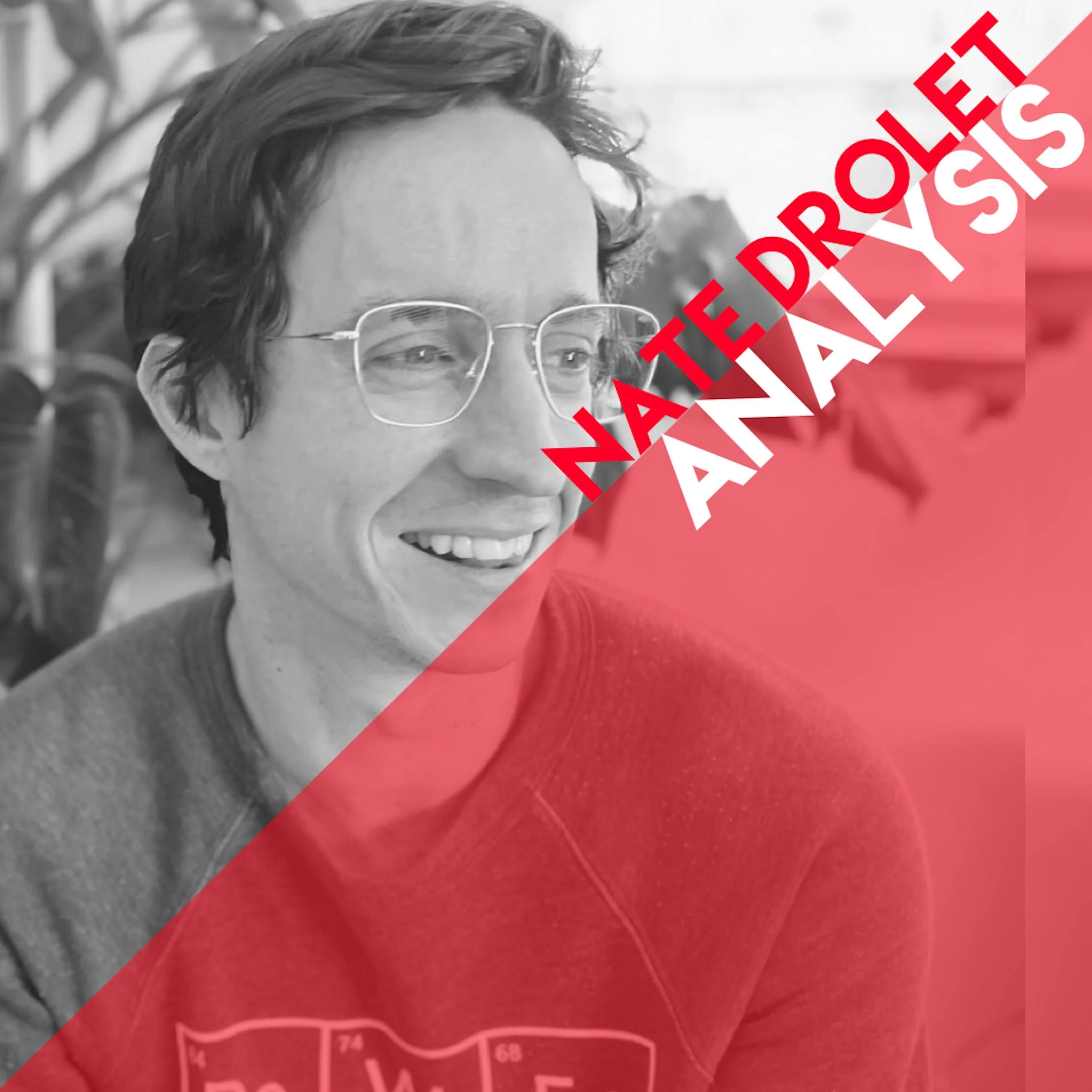
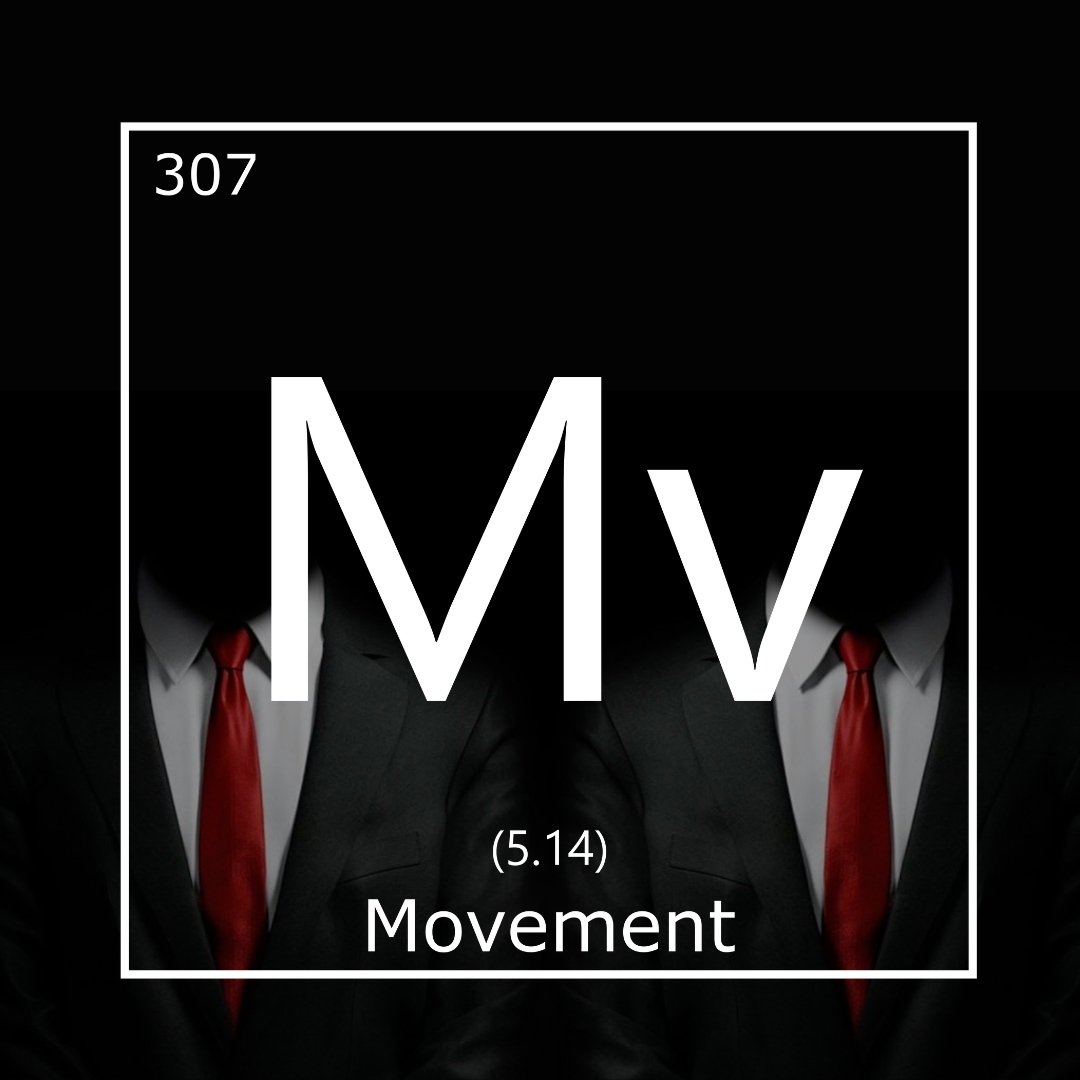
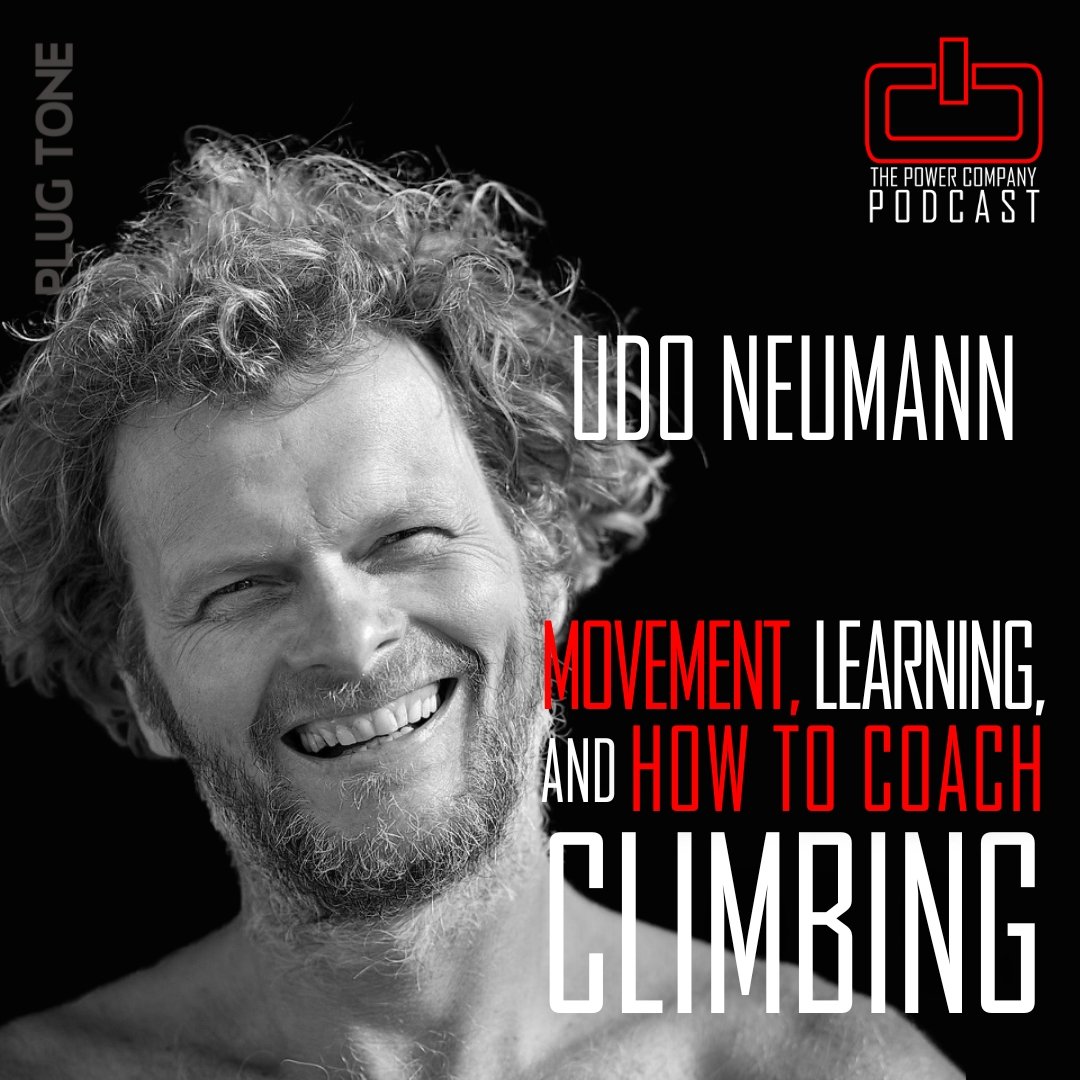
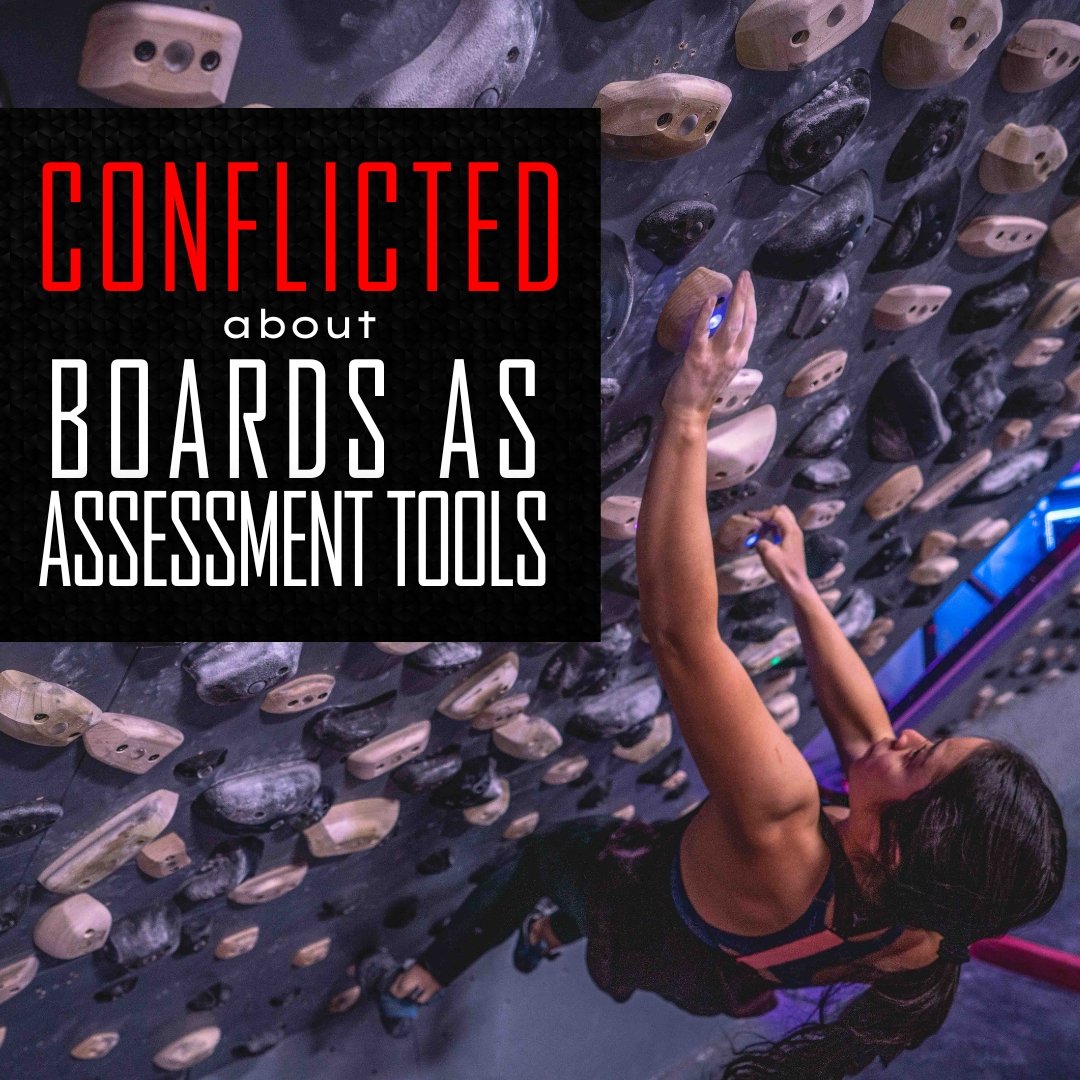

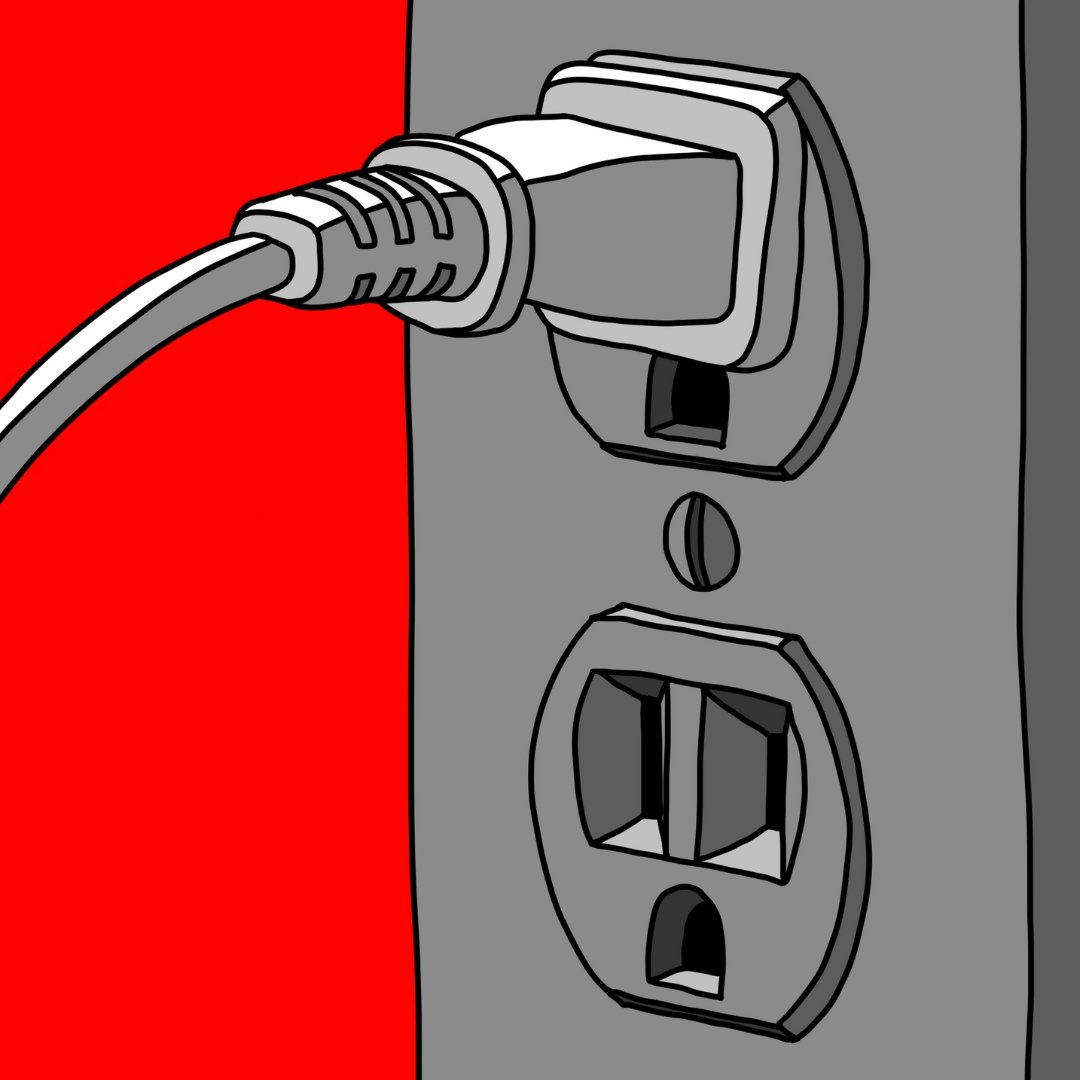

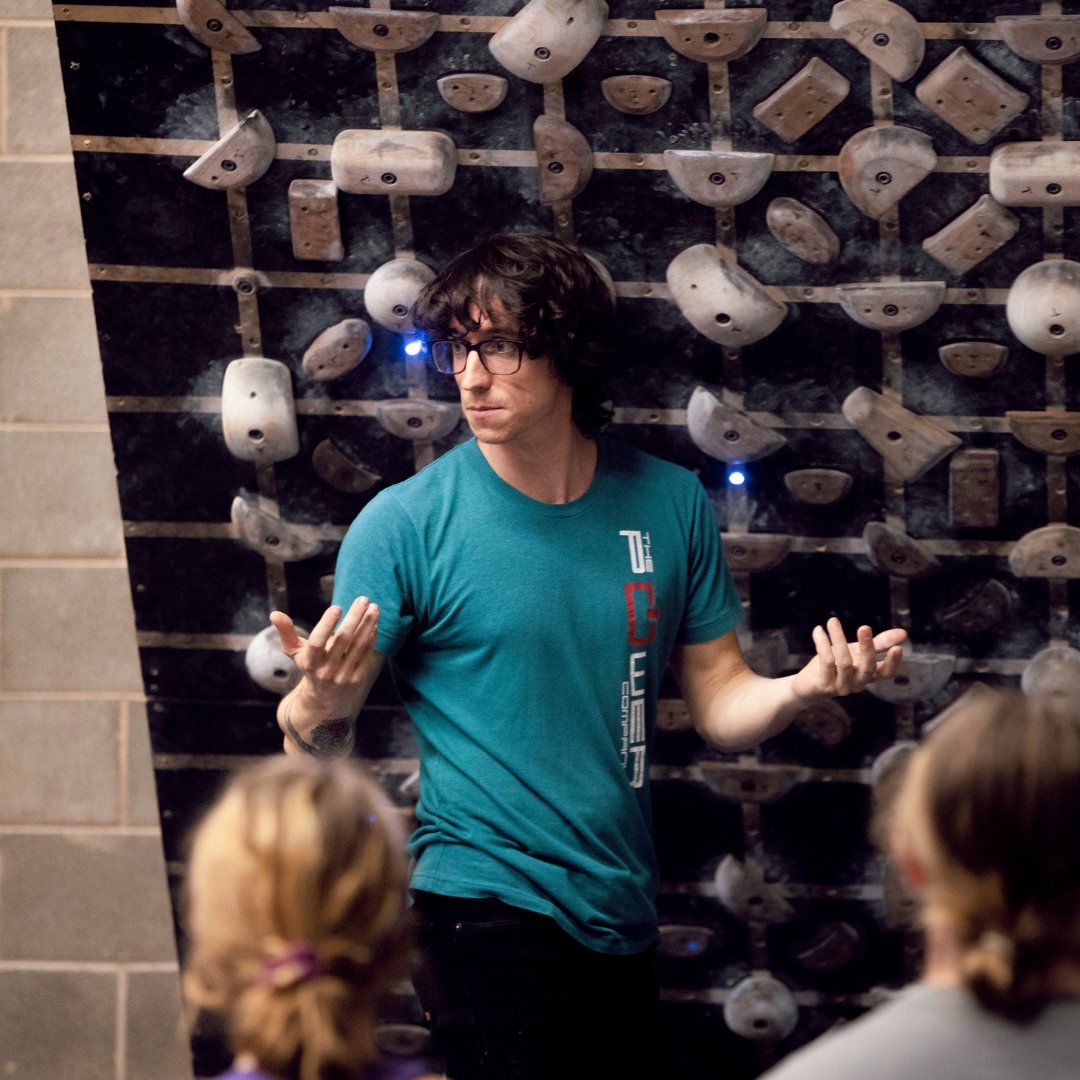

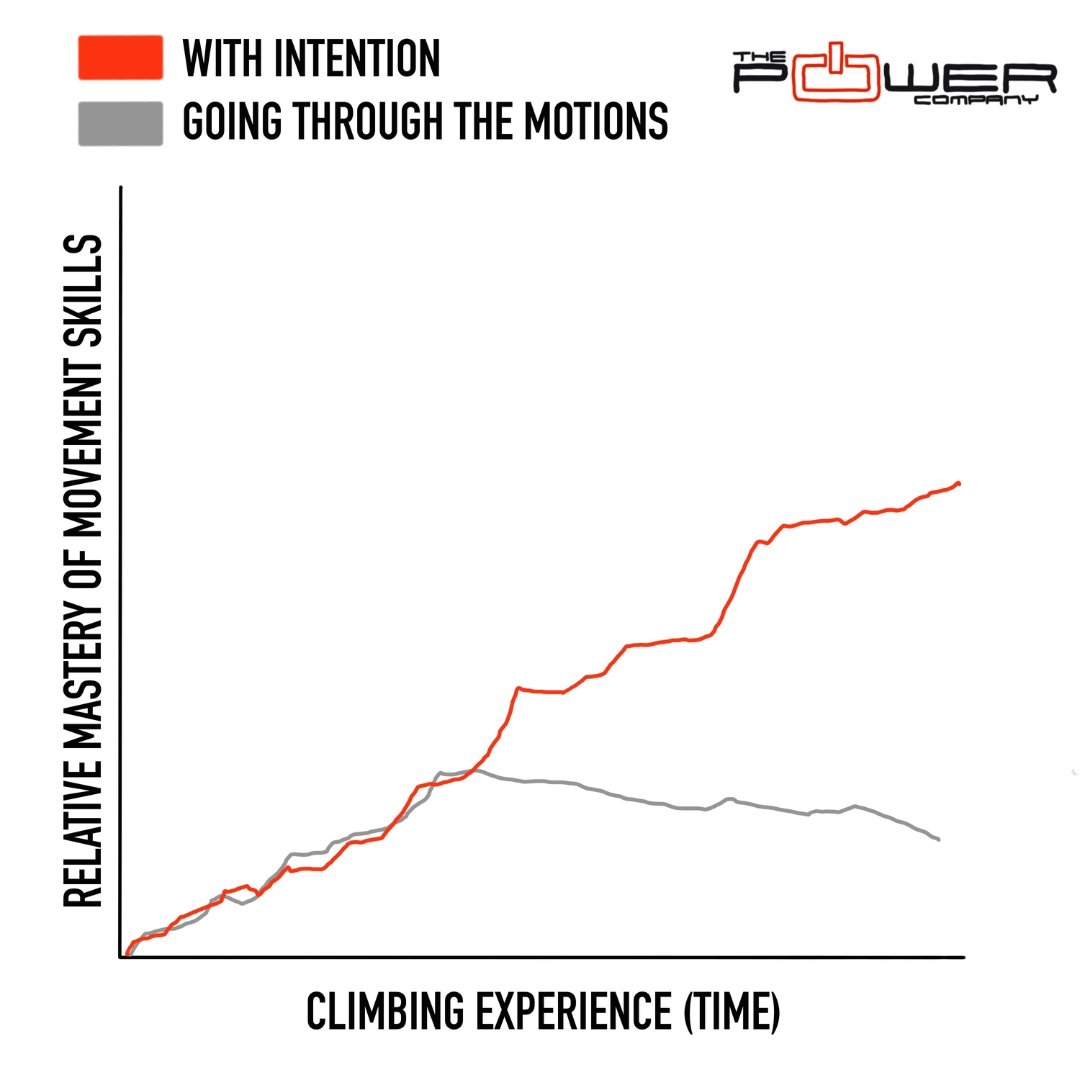






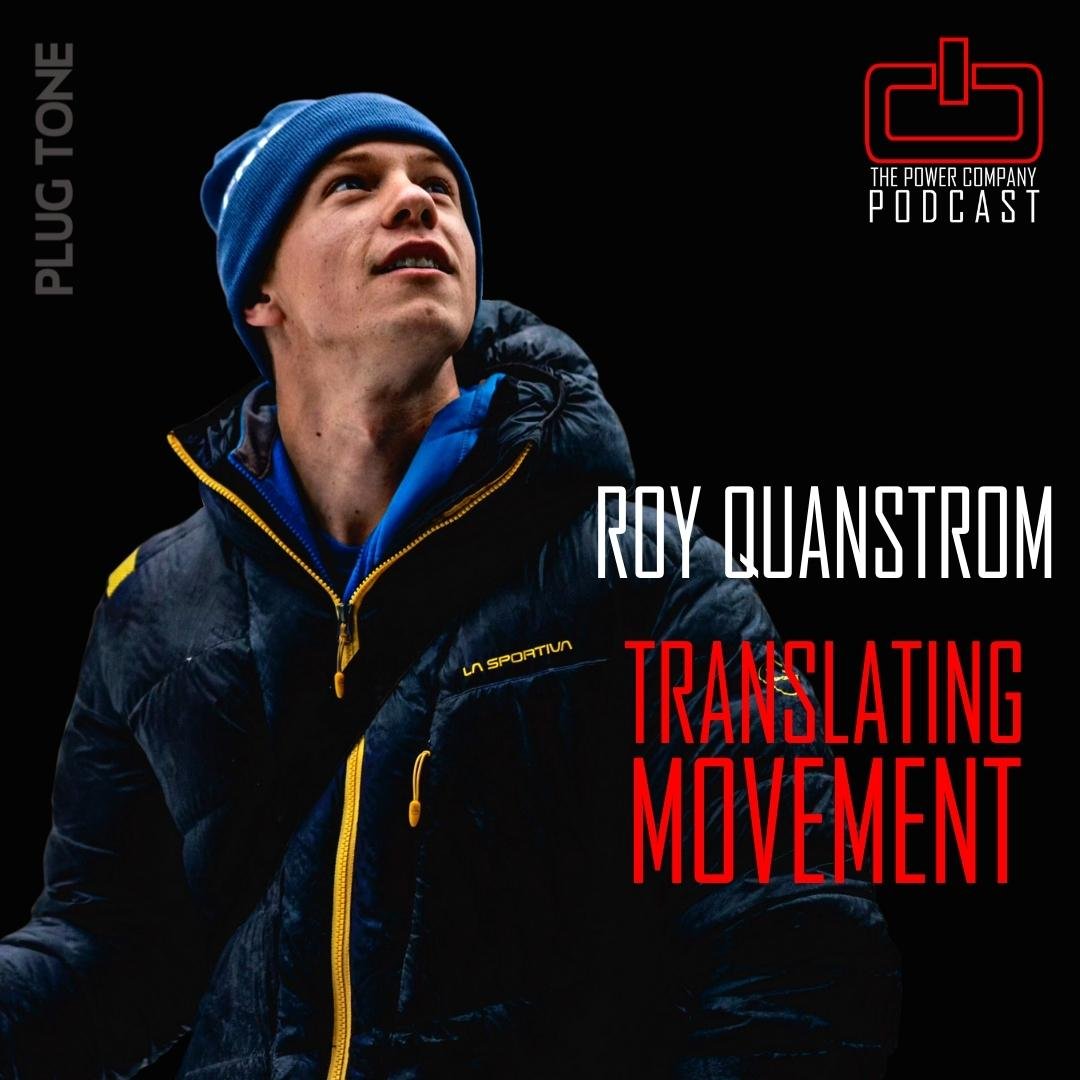
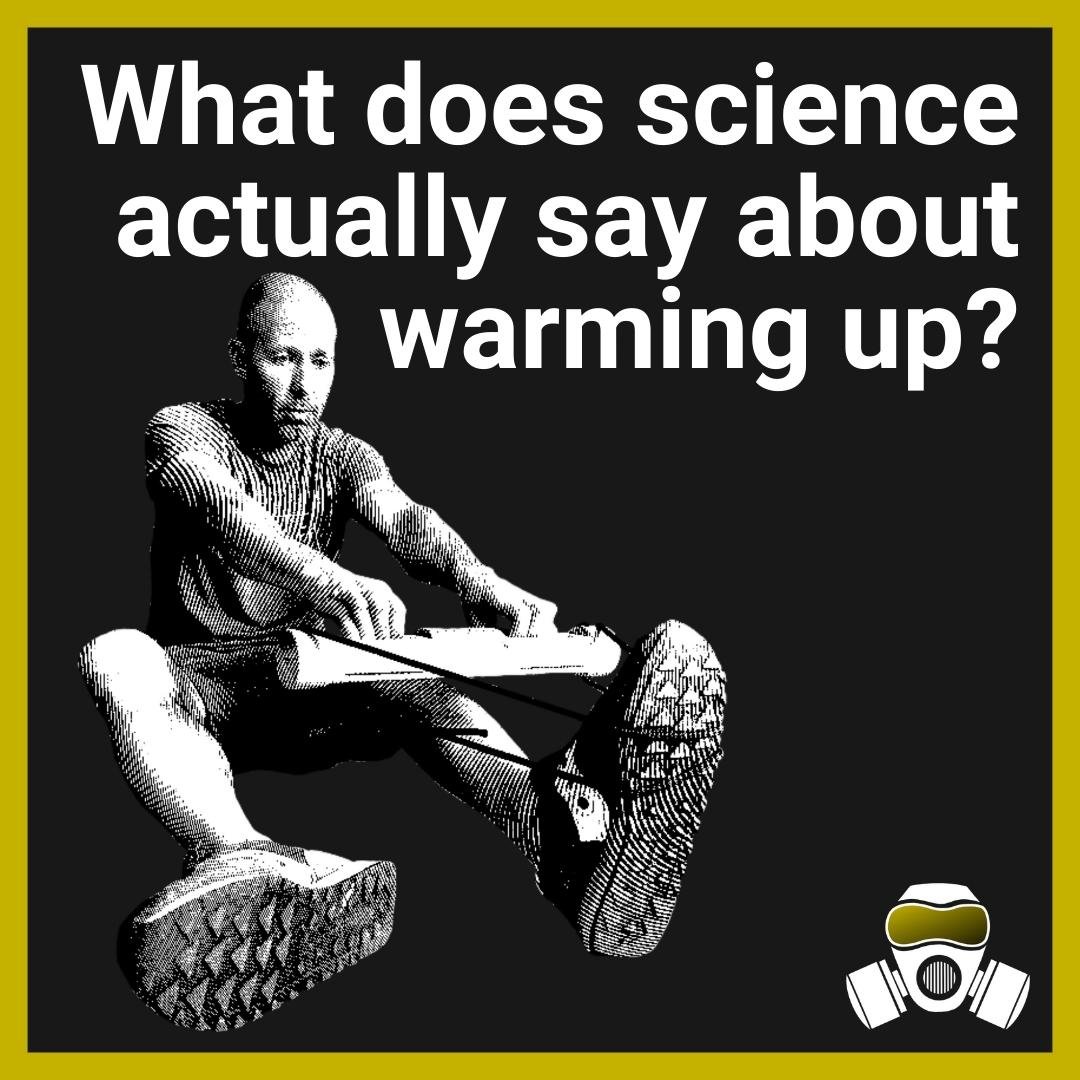
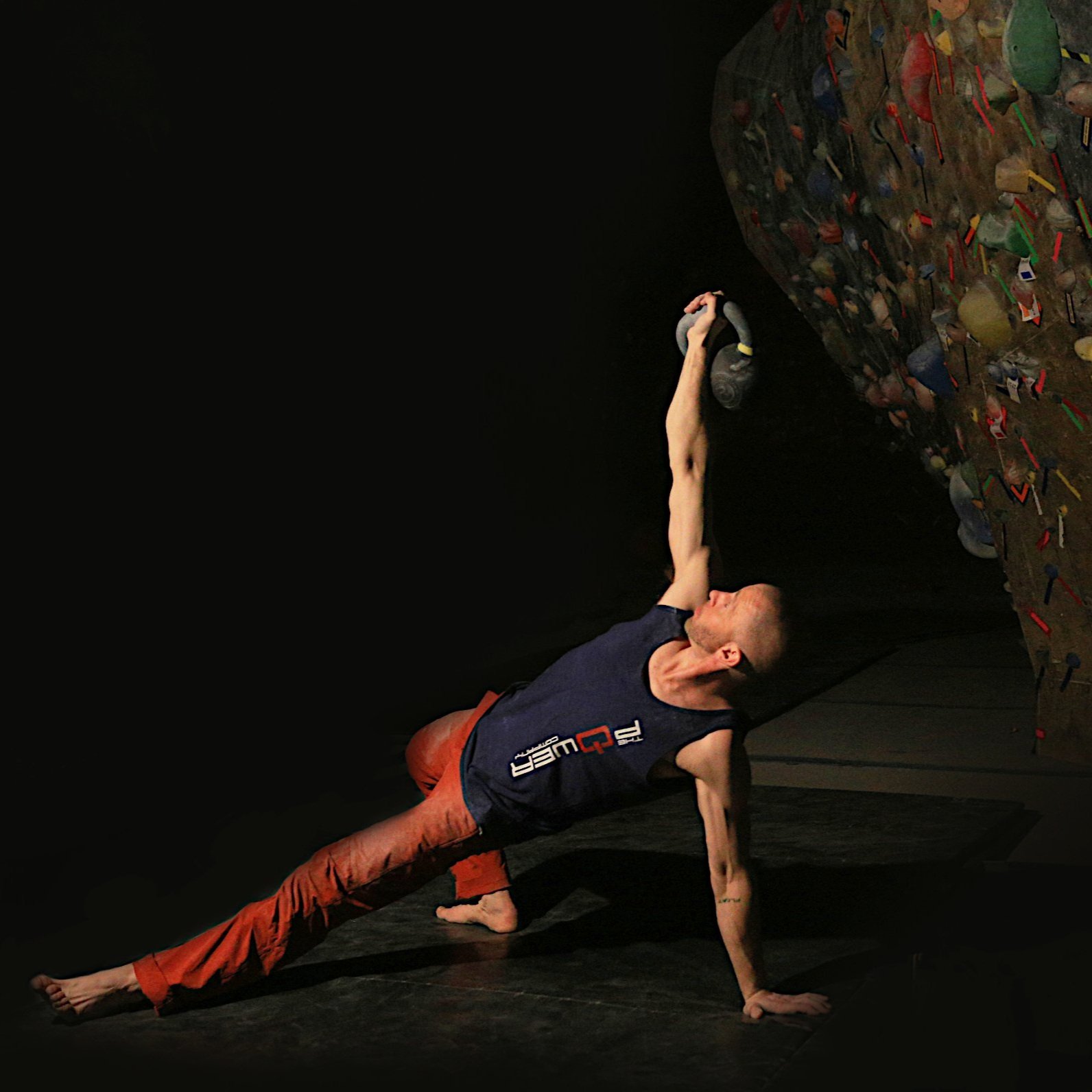
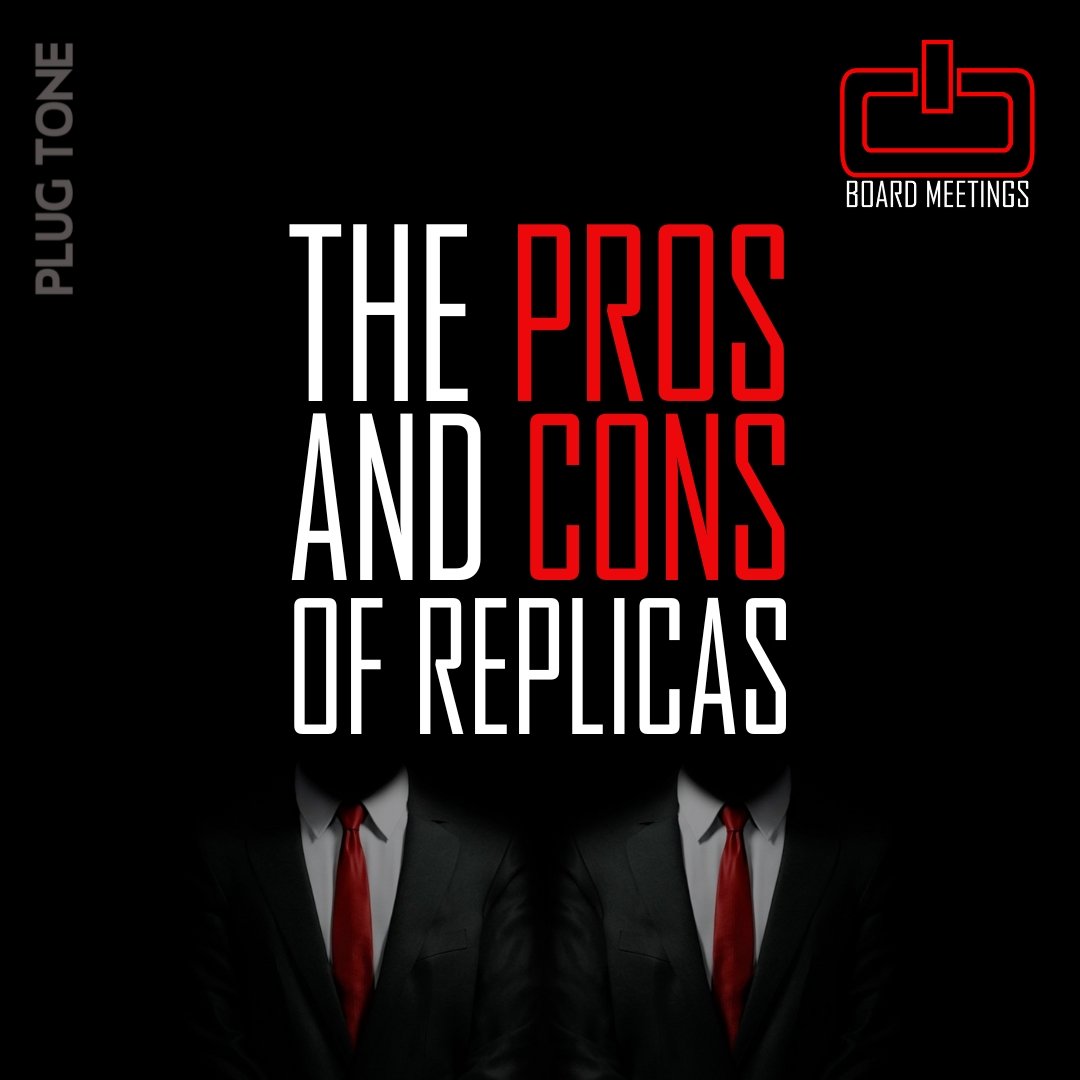




If we’re always compensating for some weakness or skill we don’t yet have, how will we ever improve?